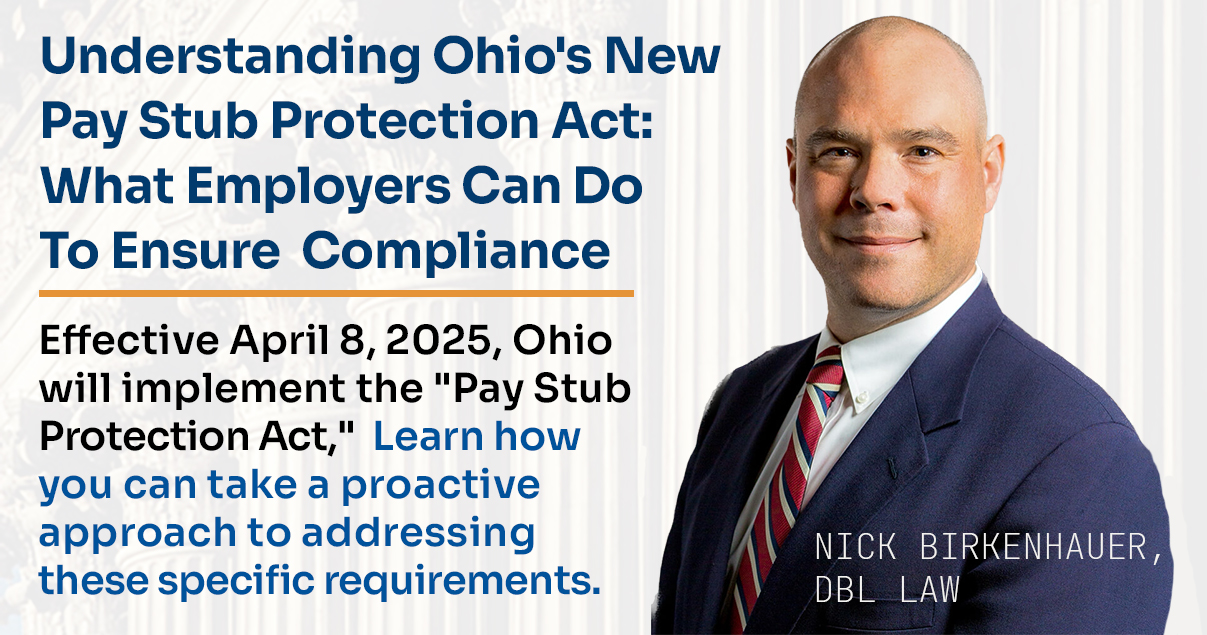The U.S. Supreme Court has clarified an employer’s obligations under the Pregnancy Discrimination Act to accommodate pregnant employees who have work restrictions. In Young v. United Parcel Service, issued on March 25, 2015, the Court held that an employer may have a duty to accommodate pregnancy-related work restrictions if the employer is otherwise accommodating similar restrictions for other nonpregnant employees.
The case was brought by a female UPS driver who requested a light duty assignment after becoming pregnant. UPS requires its drivers to be able to lift up to 70 pounds. After the plaintiff became pregnant, she requested light duty from UPS, and submitted a doctor’s note indicating that she would not be able to lift more than 20 pounds during the first half of her pregnancy, and no more than 10 pounds during the second half. However, UPS had a policy of limiting light duty assignments to three categories of employees: (1) employees who had been injured on the job; (2) employees who had lost their Department of Transportation certification; and (3) employees who were disabled under the meaning of the Americans with Disabilities Act (ADA). Because the plaintiff did not fit into any of these three categories, UPS denied her light duty request and instead offered an unpaid extended leave of absence.
The plaintiff subsequently filed suit in federal district court, claiming that UPS had accommodated other drivers who were “similar in their . . . inability to work,” but that it had refused to accommodate her pregnancy-related lifting restriction. The district court granted summary judgment to UPS, and the Court of Appeals for the Fourth Circuit affirmed. The Fourth Circuit held that UPS’s light-duty policy was pregnancy-neutral, which was all that was required under the Pregnancy Discrimination Act: “Where a policy treats pregnant workers and nonpregnant workers alike, the employer has complied with the [Pregnancy Discrimination Act].” The plaintiff appealed to the U.S. Supreme Court, which agreed to take the case.
In its decision, the Supreme Court held that the claim should be analyzed under the McDonnell Douglas burden-shifting framework. Under this framework, an employee claiming that her employer’s denial of an accommodation is discriminatory under the Pregnancy Discrimination Act may establish a prima facie case by demonstrating the following elements: (1) that she belongs to the protected class; (2) that she sought an accommodation; (3) that her employer did not accommodate her; and (4) that her employer did accommodate others “similar in their ability or inability to work.”
Importantly, the Court also created a new “significant burden” standard. According to the decision, if an employer comes forward with a legitimate, nondiscriminatory reason for its actions, a plaintiff may reach a jury on the issue of whether the employer’s stated reason is pretextual by providing sufficient evidence that the employer’s policies impose a “significant burden on pregnant workers,” and that the employer’s legitimate, nondiscriminatory reasons are not sufficiently strong to justify the “significant burden,” but rather – when considered along with the burden imposed – give rise to an inference of intentional discrimination. The court specifically stated that a plaintiff can “create a genuine issue of material fact as to whether a significant burden exists by providing evidence that the employer accommodates a large percentage of nonpregnant workers while failing to accommodate a large percentage of pregnant workers.”
Applying this standard to the facts before it, the Court found that “there is a genuine dispute as to whether UPS provided more favorable treatment to at least some employees whose situation cannot reasonably be distinguished from Young’s.” The Court therefore vacated the decision of the Fourth Circuit and remanded the case back to the trial court for further proceedings.
What does this decision mean for employers? The most immediate effect is that it opens the door for pregnancy discrimination claims based on requests for accommodations by pregnant employees. Therefore, employers should review their accommodation policies to determine whether they could run afoul of the Pregnancy Discrimination Act. In particular, policies that provide accommodations to some employees (including those injured on the job), while denying similar accommodations to pregnant workers, should be given careful scrutiny.
Nick Birkenhauer is an attorney in the law firm of Dressman Benzinger LaVelle, with offices in Cincinnati, Ohio, Crestview Hills, Kentucky, and Louisville, Kentucky




